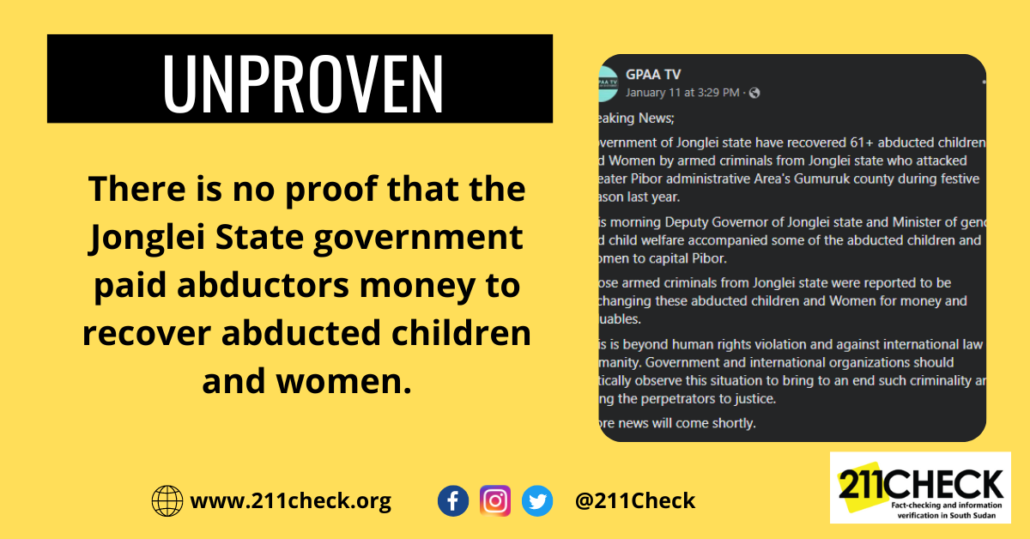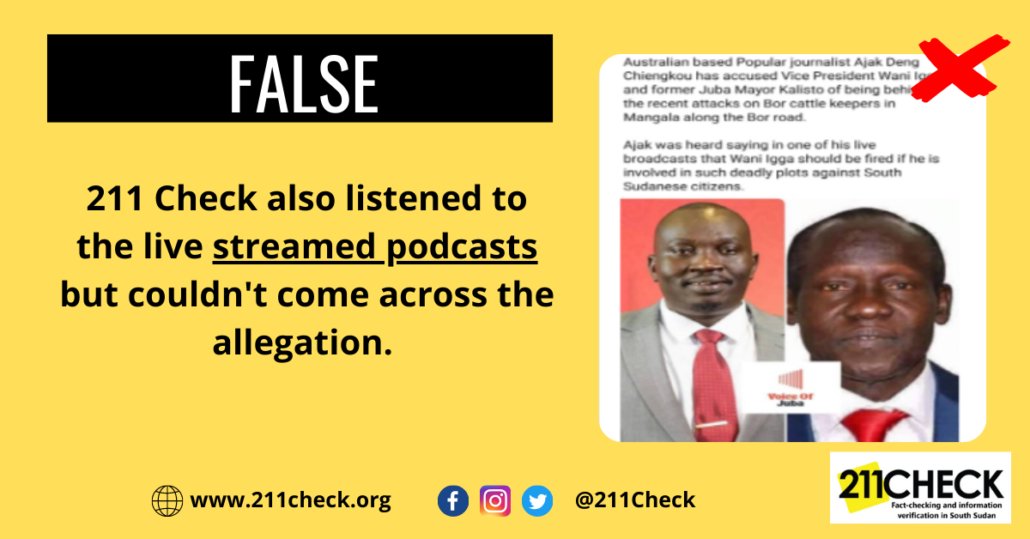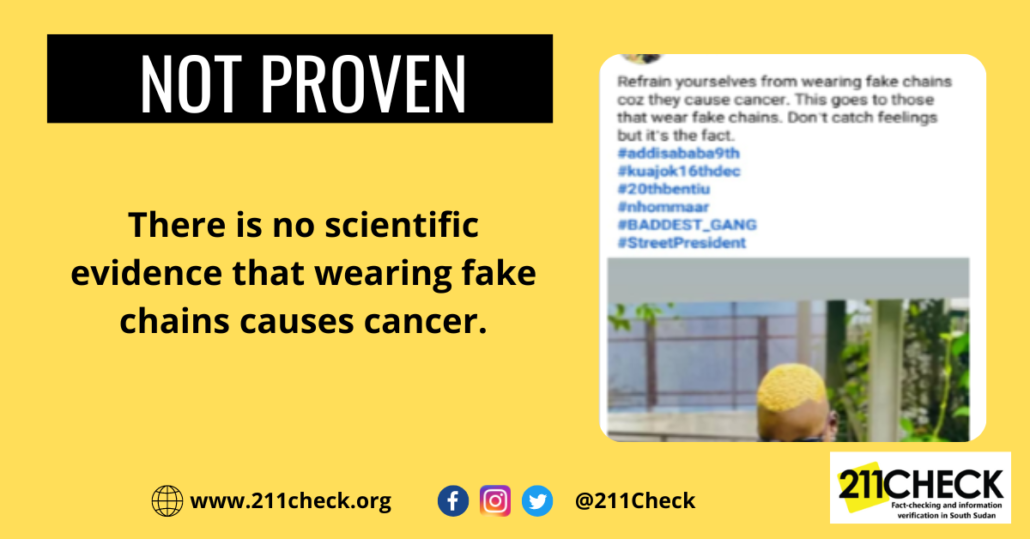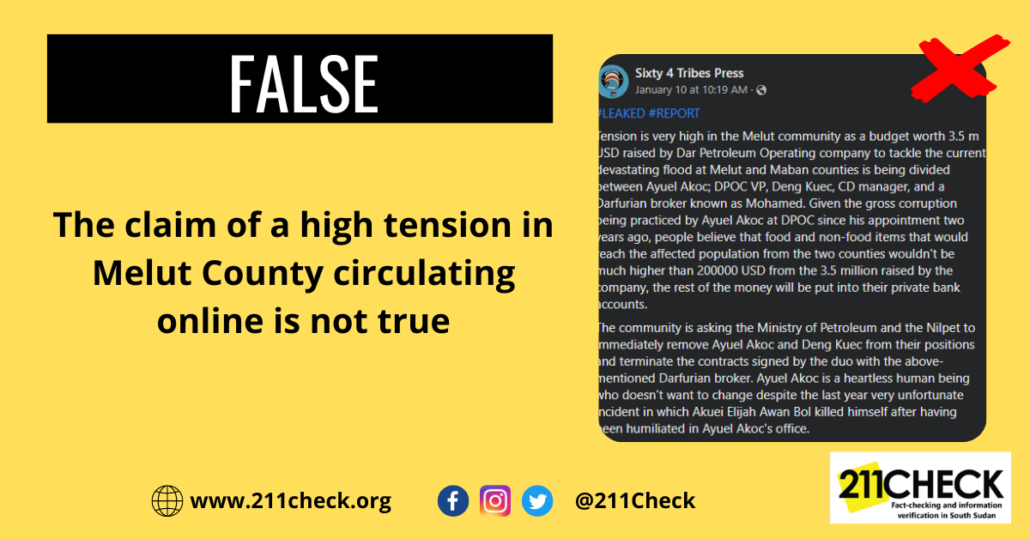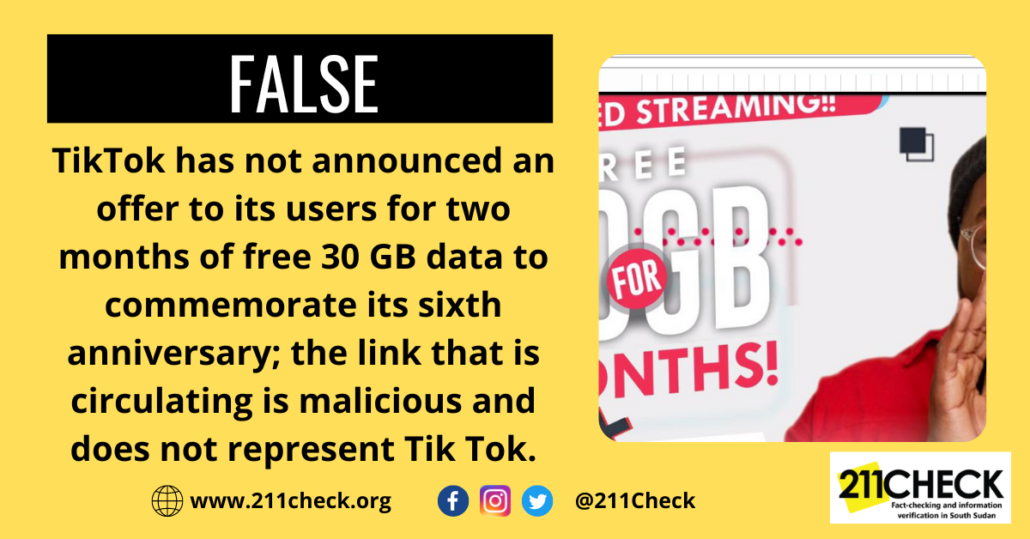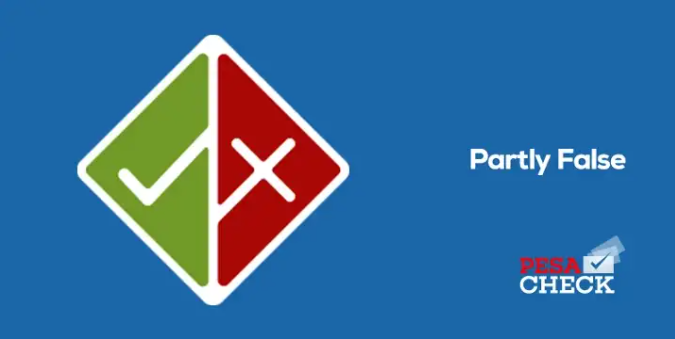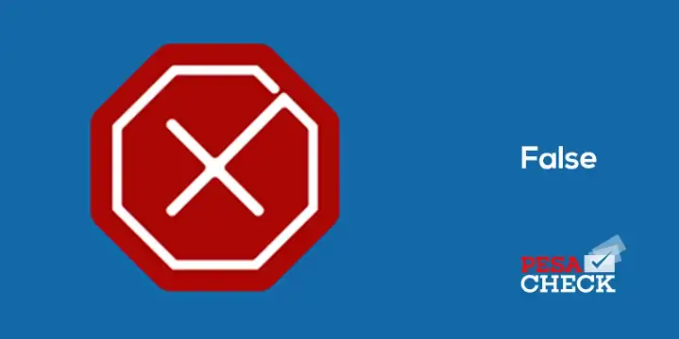No, GMO seeds are cheap, not as expensive as claimed in the video; the video also has other false and misleading information.
Writer: Jibi Moses
A TikTok video with bold heading PENEUL RUTENDO PART 2. It is going viral. It further adds a question. What does Rutendo mean when he says South Africa has no Seeds? The video was shot in a studio setting whereby two men were in a studio (radio or television) discussing the impact of genetically modified organisms (GMOs) and their effect on mainly the price and quality of seeds in the world and South Africa in particular.
The guest in the studio started by explaining how in a previous talk show, he had talked about how South Africa doesn’t have seeds anymore. He explained that the country is currently getting its food from genetically modified seeds. Most of these seeds would not reproduce, and even if they would reproduce, they would slowly reduce the quality and quantity of the seeds, and this is because they are engineered through a technology called Genetic use restriction.
He further claimed that the seeds’ pollen grains could cross-pollinate with the organic plant, reducing their reproduction capacity. In the long run, organic seeds will disappear, and in the end, people will have to buy only hybrid seeds. They further claim that a European company, Limagrain, which has a Seedco, has killed all organic seeds in Europe. Currently, there are no organic tomato seeds in Europe rather than Hybrid, which go for between $60,000 and $ 400,000 per kilo. This, he said, is more than a kilogram of gold. Therefore, if nothing is done, there will soon be no organic seeds in South Africa, and these companies may demand a kilo of gold or seeds. Finally, he urged the local farmers to support farmers selling organic seeds, not Genetically modified ones.
What are GMOs?
Genetically modified organisms (GMOs) as defined and explained by the Food and Drug Authority, the Internet is also awash with information defining and explaining GMOs; some of these sites are here, here, and here.
Genetic modification occurs when the DNA of one living thing is added to the DNA of another so that a desirable trait becomes part of the new, modified organism. These new modifications can alter or introduce particular traits in the organism.
Benefits of Genetically Modified Organisms:
Much as there are many controversial stories and myths about genetically engineered crops, there are enough benefits for humans and the environment. 211 check brings some of the sites which have done enough studies about them as here, here, here and here. However, we can not rule out the disadvantages or dangers of the use and consumption of GMOs, as experts explain in these links: 1, and 2. These articles and more may try to explain the dangers of GMOs; however, most are assumptions based on what has happened to people or organisms that have consumed GMO products.
Genetic Use Restriction Technology:
In the video, they claim that manufacturers of GMO seeds use this kind of technology, whereby the seeds are controlled from reproducing after the first planting.
They further explain the pollen grains of these seeds can move across the country as far as 600 kilometers radius and pollinate the organic crops, transferring the technology to the organic crops – Genetic Use Restriction Technology.
Some popular myths about GMOs:
There are a lot of myths about GMOs, and here are some links with detailed explanations of those popular myths as 1, 2, 3, 4, 5.
Cost of tomato seeds in Europe:
In the video, they explained how GMOs have led to the extinction of natural seeds in Europe. This, according to them, is because of Genetic Use Restriction Technology, and therefore, as a result, has led to a rise in the price of tomato seeds. They claim tomato seeds cost between $60,000 and $400,000 per kilo, equivalent to or more than a kilogram of gold. They said if South Africans don’t change, GMO companies will soon begin to charge that same amount or even ask for pure gold in exchange for tomato seeds. However, when one searches the internet, different sites give detailed prices of different tomato species, which are way cheaper than what is claimed.These are as mentioned here 1, and 2 .
Conclusion:
The investigation done by 211 Check on the video about the claims shows that much as there are facts in some of these claims, Most of them are false and misleading. The point of the price and intention of the European companies isn’t to bring organic seeds to extinction and therefore raise the price of seeds in South Africa, as claimed in the video clip, but to provide high-quality and cheap seeds. The intention of these gentlemen, as heard in the last statements, is to market their own local seeds, which he says he sells, but the local farmers do not want to buy from him.
This fact-check was published by 211 Check with support from Code for Africa’s PesaCheck and the African Fact-Checking Alliance.


